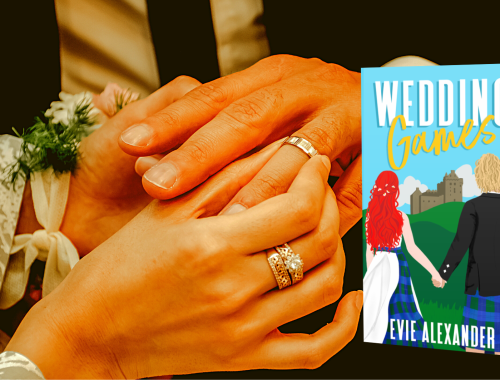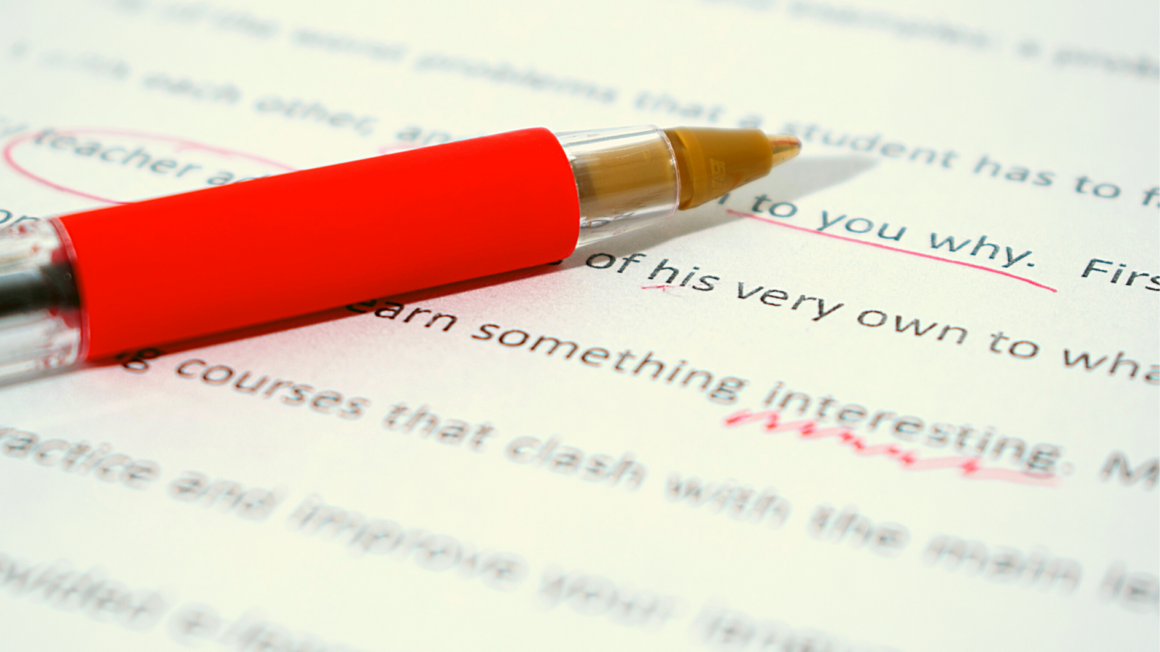
On editing
Once I have an idea, and the bit between my teeth, getting words on the page is often easy. They aren’t necessarily the right words or even in the right order, but they are there. Writing too many words is a far better place to be than not writing enough, as cutting your work down creates a better draft. Having to add fluff just to up a word count is rarely going to end well.
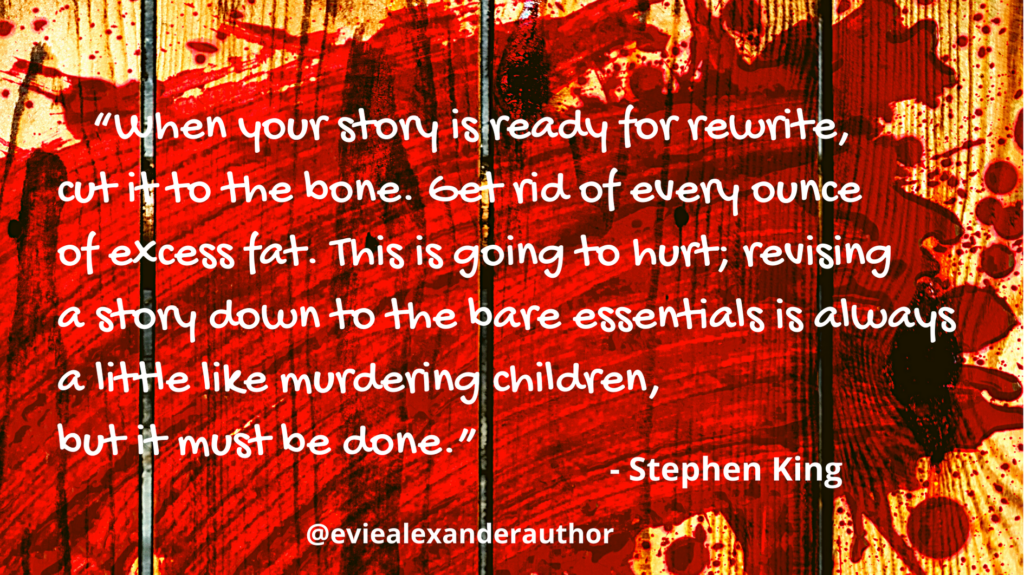
In another life, I wrote and directed films. Writing a film script is the ultimate in minimalism. I find writing a novel to be far easier than writing film scripts ever was, and I try and bring the lessons I learnt all those years ago to my prose. The first lesson is not to write too much in the first place, but I find getting anything down on the page is preferable to sitting and writing nothing just in case it’s not good enough.
That’s the power of the edit – the ability to turn a load of waffle into something lean, punchy and engaging. It’s very hard to let go of a piece of writing or a character you have spent hours labouring over and creating. Sometimes I read a book and think ‘what the fuck is that doing in there? CUT!’ I understand how difficult it is to let go, yet discipline myself to remove anything from my books that doesn’t work.
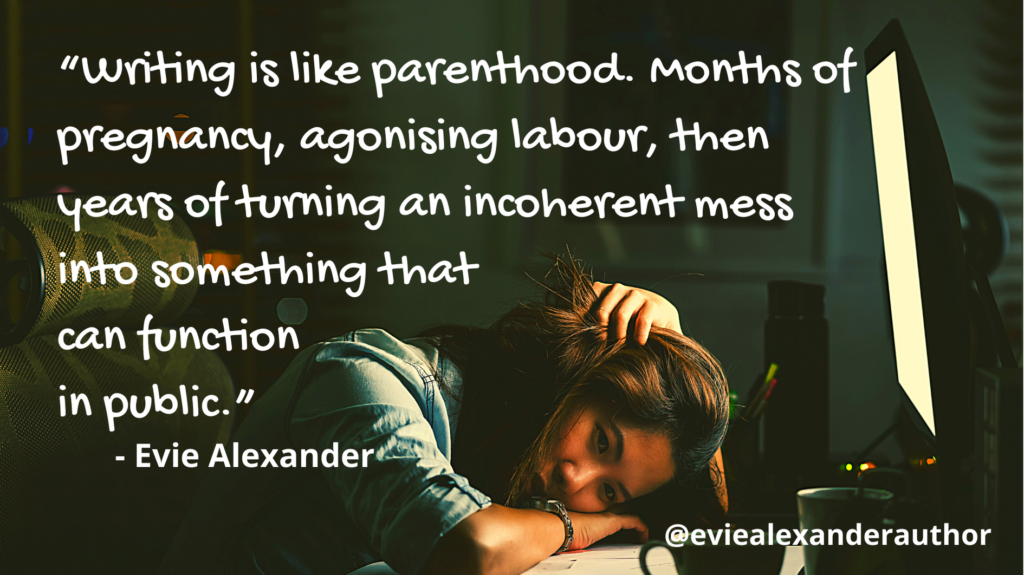
I do three forms of editing. The first is after I’ve written a paragraph or a section of dialogue. I then go back and immediately edit it, often moving sentences around to make the sentence, dialogue, or paragraph flow better. The second edit comes when I’m reading through chapters or sections I wrote that day or the day before. This process is ongoing and can take months. The third set of edits come based on beta reader feedback, as fresh eyes show me what has never crossed my mind. The fourth stage is to print the draft out and send it to my kindle as while reading in those formats I often spot mistakes I haven’t noticed before. The final edits come with my editor, who passes their expert eye over my work, giving their take on it, before making the changes that I can no longer notice.
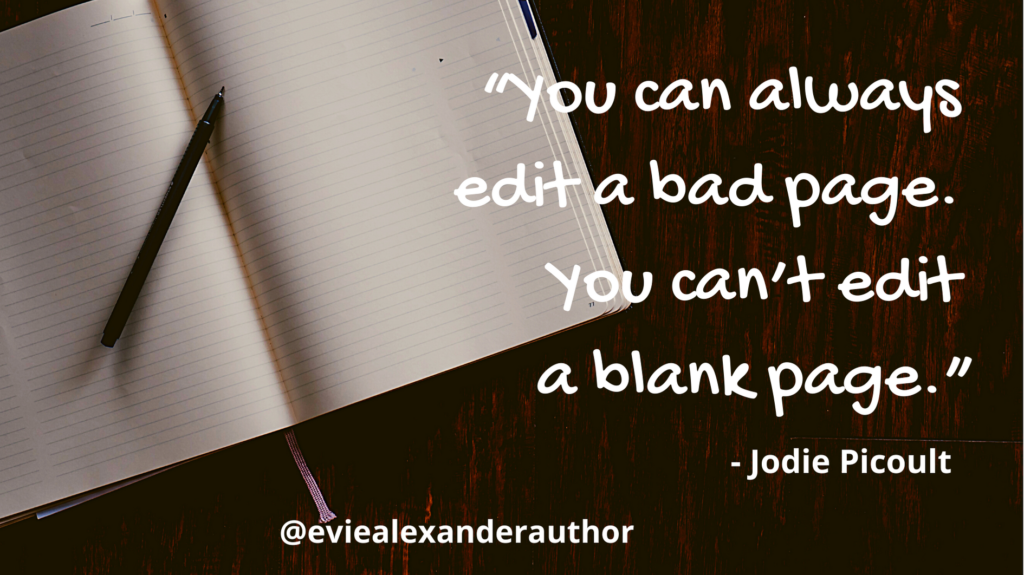
It’s far easier to edit bad writing than it is to produce consistently good writing. So, if you’re ever at a loss, just write. No matter how crappy it is, you’ll always be able to find some way to shape it into something better, even if it inspires you to throw it all out and write something else.





